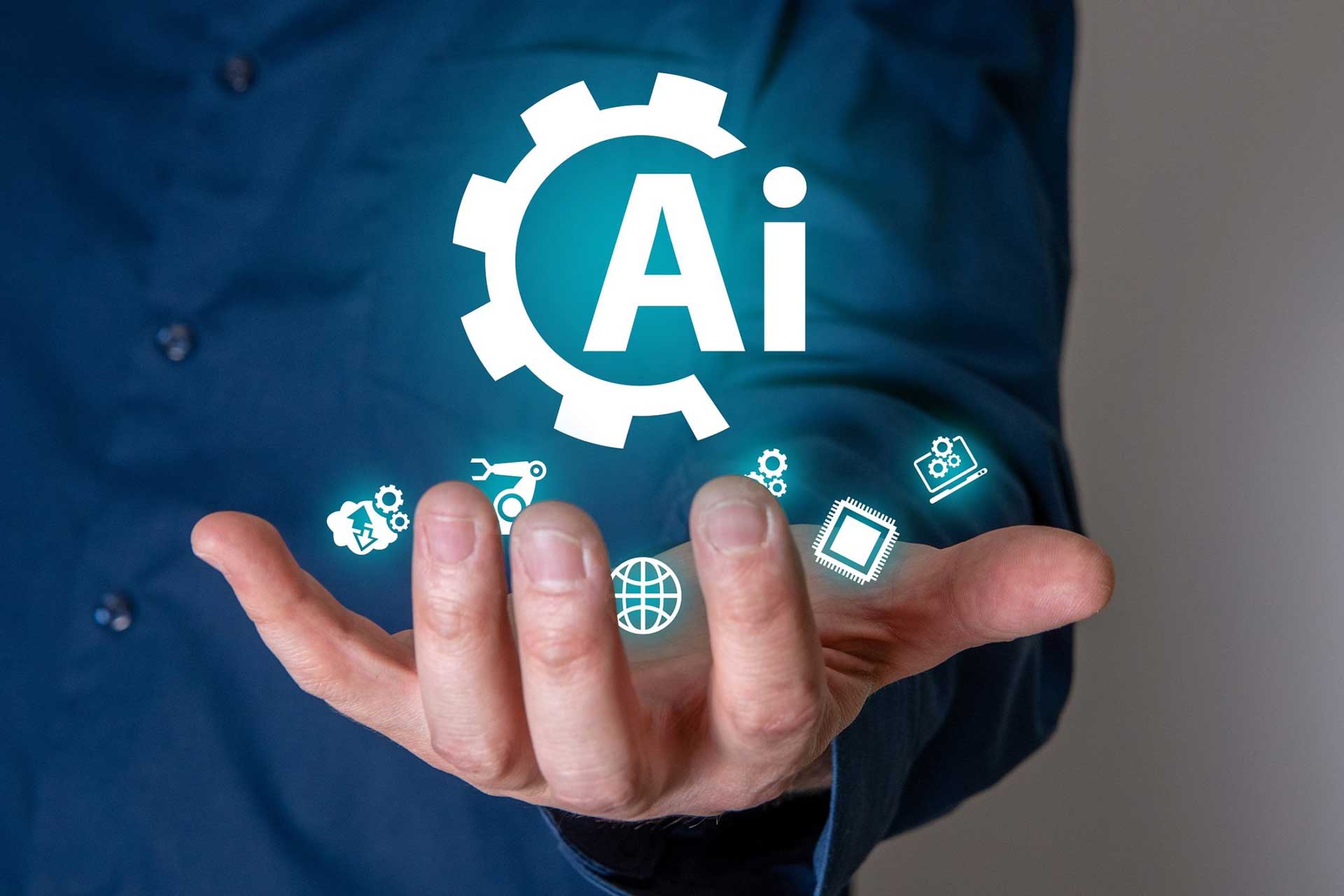
Artificial Intelligence (AI) represents the next frontier in manufacturing. Is your company ready to get on board?
While the majority of manufacturers globally already embrace some form of AI, almost 40% don’t. This means there is still a lot of opportunity for organizations to drive efficiency, reduce downtime, and deliver high quality products with AI. Jumping on the AI bandwagon becomes even more important as reshoring picks up speed. As companies bring manufacturing back to the U.S., AI may very well be the key to winning employees, customers, market share, and more.
So, what exactly is AI?
According to Capgemini, “Artificial intelligence (AI) is a collective term for the capabilities shown by learning systems that are perceived by humans as representing intelligence.” Capabilities can include speech, language processing, smart automation, enhanced creativity, image and video recognition, conversational agents, prescriptive modeling, advanced simulation, analytics, predictions, and more. When it comes to manufacturing, AI appears largely in the form of machine learning (where algorithms and code use data to learn); deep learning (an advanced form of machine learning); and autonomous objects (like a robot or vehicle that can complete a task on their own).
More than just a one-off solution, companies are transforming their entire manufacturing operations with AI. This is logical following digital transformation, according to AIMultiple, which notes “After a company adopts digital processes, the next step is to improve the intelligence of those processes.”
Manufacturing operations are using AI to help maintain systems by identifying product or equipment failures in advance to prevent breakdowns; promote the quality of products by identifying issues early; forecast demands for products and pricing; and manage inventory based on demand and supply. As a result, downtime is decreased, costs are lowered, time to market is maintained, productivity and quality are improved; there’s greater speed and visibility across the supply chain; and inventory management is optimized – but the advantages AI affords don’t end there.
According to Manufacturing Tomorrow, AI makes customization affordable and within reach of more manufacturers. It also takes smart manufacturing to a whole new level, by monitoring parameters and making adjustments in real-time to promote quality and save time from costly breakdowns. AI can help optimize the flow of goods via the supply chain to minimize waste and delays. It also offers cyber security protections by protecting systems and operations from unwanted infiltration, while enhancing productivity and sustainability.
Is there anything AI can’t do?
While it cannot fill the talent shortage or decrease the tremendous competition for employees in today’s job market, it does replace the need for employees to complete repetitive tasks with more attractive prospects for job seekers looking to use higher end skills operating and maintaining cutting edge AI technology.
AI is touching every part of the manufacturing process, from product design to delivery, with the projected market reaching $16.7 billion in 2026. While AI in manufacturing is growing in the U.S. (28% of manufacturing operations have at least one use), it still has a way to go to catch up with Germany (with 69% of manufacturing operations implementing AI) and Japan (30%). This opens a lot of opportunities to U.S. manufacturers looking to get on board the next frontier with AI.
While you’re exploring what’s next for your manufacturing operations, you can trust RBT CPAs to know what’s next in everything related to accounting and taxes. Let us do what we do best so you can focus on what you do best. Contact us today.
